“Can the Jade Plant Enhance Your Well-Being? Unveiling Its Unexpected Health Benefits”
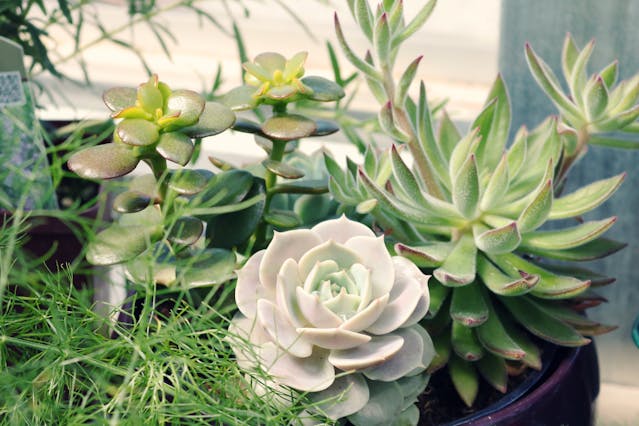
The jade plant (Crassula ovata), often called the “money tree” or “friendship tree,” is cherished for its beauty and ease of care. While it’s mostly known as a decorative houseplant, the jade plant has also been used in traditional medicine for its potential health benefits.
Though scientific research is still emerging, traditional practices highlight several ways this succulent could support well-being. Let’s explore its potential health benefits.
1. Anti-Inflammatory Properties
Jade plant leaves are believed to contain saponins and alkaloids with natural anti-inflammatory effects.
- These compounds may help alleviate joint pain and swelling, making jade a potential remedy for arthritis.
- In traditional medicine, crushed jade plant leaves are applied as a poultice to inflamed areas to provide relief.
- A study in the Journal of Ethnopharmacology found anti-inflammatory properties in plants from the Crassulaceae family, which includes jade.
2. Skin Healing and Protection
The sap of the jade plant is known for its antibacterial and antiseptic qualities.
- It is often used to treat minor cuts, burns, and bruises by applying the juice or crushed leaves directly to the skin.
- Some cultures use it to soothe skin irritations, such as rashes or fungal infections.
- Although scientific evidence is limited, anecdotal reports support the plant’s effectiveness in promoting faster healing and reducing irritation.
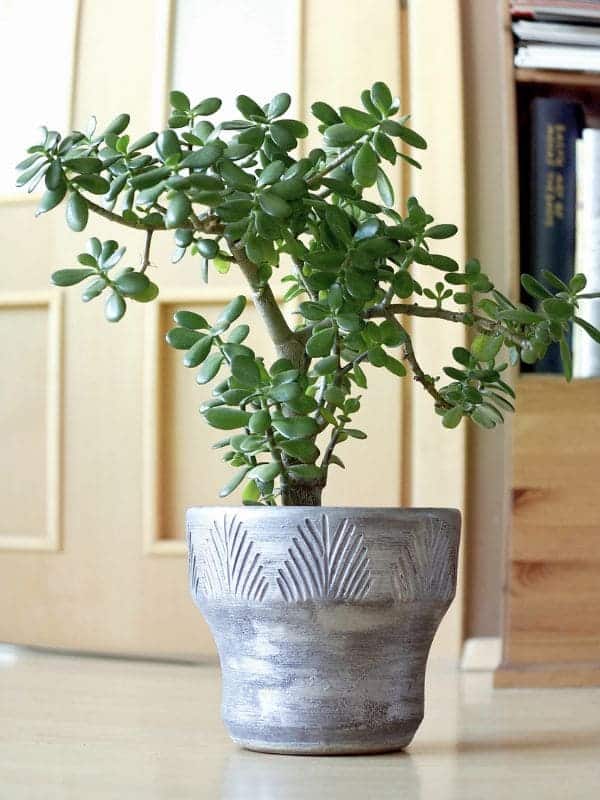
3. Respiratory Support
Traditional healers recommend jade plant tea for respiratory issues like coughs, colds, or bronchitis.
- Boiling the leaves to create a tea is thought to help clear mucus and ease congestion, acting as a mild expectorant.
- While scientific data on this use is scarce, its role in respiratory relief remains a staple in folk medicine.
- Always consult a healthcare professional before trying this remedy, especially for chronic conditions like asthma.
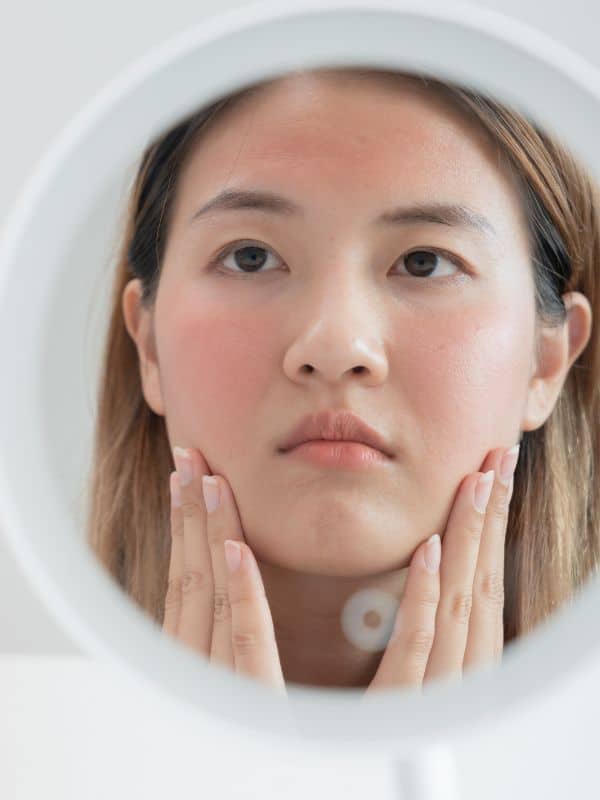
4. Antioxidant Benefits
Like many plants, jade contains antioxidant compounds that help combat oxidative stress.
- Antioxidants protect cells from damage caused by free radicals, which contribute to aging and chronic illnesses like heart disease and cancer.
- Studies on plants in the Crassulaceae family have identified antioxidant properties, suggesting jade might also help reduce oxidative damage.
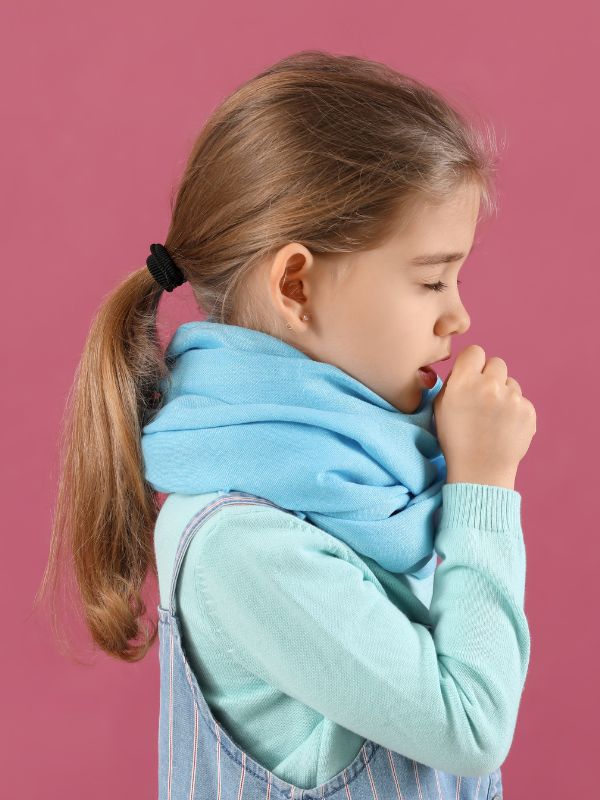
5. Stress Relief and Mental Clarity
Jade plants are often associated with positive energy and mental well-being in traditional beliefs.
- While the plant’s ability to reduce stress isn’t scientifically proven, its presence in homes or offices can create a calming environment.
- The soothing green color and the aesthetic appeal of jade plants contribute to relaxation and improved focus.
- Keeping a jade plant nearby may help reduce anxiety and foster a sense of tranquility.

6. Immune System Support
In some cultures, jade plant is believed to enhance immunity.
- Its compounds are thought to stimulate immune responses, aiding the body in defending against infections.
- Traditional remedies involve applying jade plant sap or consuming teas made from its leaves.
- However, scientific validation is limited, and caution is advised when using jade for immune support.
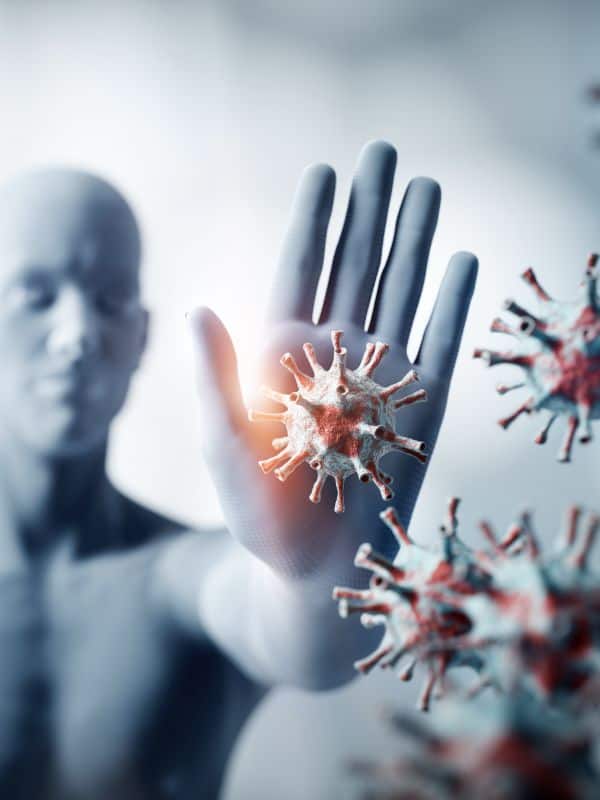
How to Use the Jade Plant
- For skincare: Crush the leaves and apply the juice to minor wounds, burns, or irritated skin. You can also make a poultice by wrapping crushed leaves in a cloth and placing it on inflamed areas.
- For respiratory relief: Make tea by boiling jade plant leaves in water. Once cooled, drink the tea to help alleviate congestion or soothe a sore throat.
- For stress relief: Place a jade plant in your living or workspace to create a peaceful, calming atmosphere.
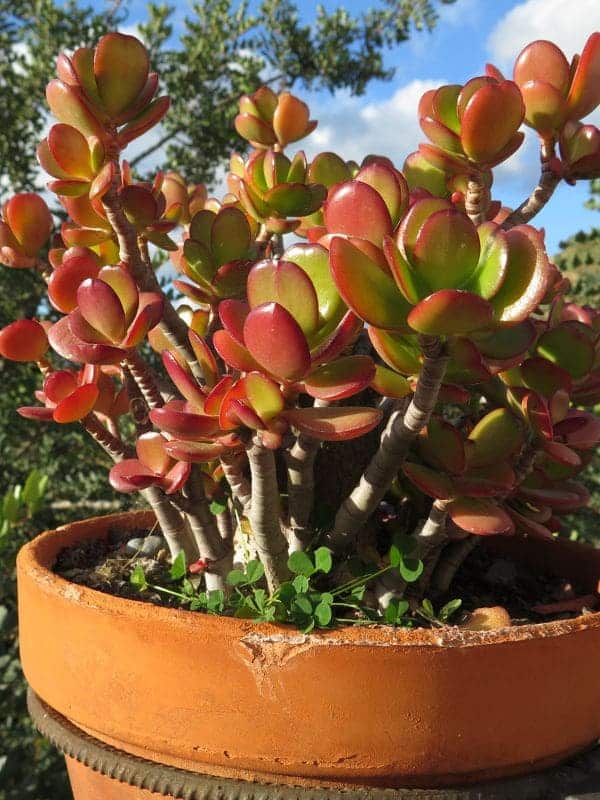
Cautions and Precautions
- Toxicity: The jade plant can be toxic if ingested in large amounts, causing nausea, vomiting, or stomach discomfort. Keep it out of reach of children and pets.
- Consultation: Pregnant or breastfeeding individuals and those taking medications should consult a healthcare provider before using jade plant remedies.
- Moderation: Use jade plant sparingly, as excessive consumption or application may cause adverse effects.
Disclaimer
This article is for informational purposes only and should not replace professional medical advice.
Always consult your healthcare provider before using jade plant or any other herbal remedy, especially if you are pregnant, nursing, or have pre-existing health conditions.